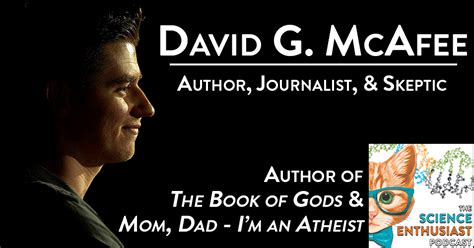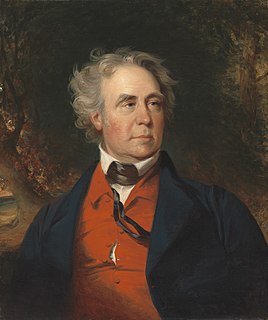A Quote by Paul Kengor
[ Alexis de] Tocqueville said it in 1835, and it's as true today as it was then: 'Despotism may govern without faith, but liberty cannot. Religion is more needed in democratic societies than in any other.'
Related Quotes
If there is one fact we really can prove, from the history that we really do know, it is that despotism can be a development, often a late development and very often indeed the end of societies that have been highly democratic. A despotism may almost be defined as a tired democracy. As fatigue falls on a community, the citizens are less inclined for that eternal vigilance which has truly been called the price of liberty; and they prefer to arm only one single sentinel to watch the city while they sleep.
The essence of any religion lies solely in the answer to the question: why do I exist, and what is my relationship to the infinite universe that surrounds me? It is impossible for there to be a person with no religion (i.e. without any kind of relationship to the world) as it is for there to be a person without a heart. He may not know that he has a religion, just as a person may not know that he has a heart, but it is no more possible for a person to exist without a religion than without a heart.
Without cultural indoctrination, all of us would be atheists. Or, more specifically, while many may dream up their own gods as did our ancestors, they would certainly not be ‘Christian’ or ‘Jewish’ or ‘Muslim’ or any other established religion. That’s because, without the texts and churches and familial instruction, there are no independent evidences that any specific religion is true. Outside of the Bible, how would one hear of Jesus? The same goes for every established religion.
But science can only be created by those who are thoroughly imbued with the aspiration toward truth and understanding. This source of feeling, however, springs from the sphere of religion. To this there also belongs the faith in the possibility that the regulations valid for the world of existence are rational, that is, comprehensible to reason. I cannot conceive of a genuine scientist without that profound faith. The situation may be expressed by an image: science without religion is lame, religion without science is blind.
There is not a truth to be gathered from history more certain, or more momentous, than this: that civil liberty cannot long be separated from religious liberty without danger, and ultimately without destruction to both. Wherever religious liberty exists, it will, first or last, bring in and establish political liberty.
A religion is a source of happiness and I would not deprive anyone of happiness. But it is a comfort appropriate for the weak, not for the strong--and you are strong. The great trouble with religion--any religion--is that the religionist, having accepted certain propositions by faith, cannot thereafter judge these propositions by evidence. One may bask at the warm fire of faith or choose to live in the bleak uncertainty of reason--but one cannot have both.
Religion and liberty are inseparable. Religion is voluntary, and cannot, and ought not to be forced. This is a fundamental article of the American creed, without distinction of sect or party. Liberty, both civil and religious, is an American instinct. Such liberty is impossible on the basis of a union of church and state, where the one of necessity restricts or controls the other. It requires a friendly separation, where each power is entirely independent in its own sphere.
The blessed Paul argues that we are saved by faith, which he declares to be not from us but a gift from God. Thus there cannot possibly be true salvation where there is no true faith, and, since this faith is divinely enabled, it is without doubt bestowed by his free generosity. Where there is true belief through true faith, true salvation certainly accompanies it. Anyone who departs from true faith will not possess the grace of true salvation.































